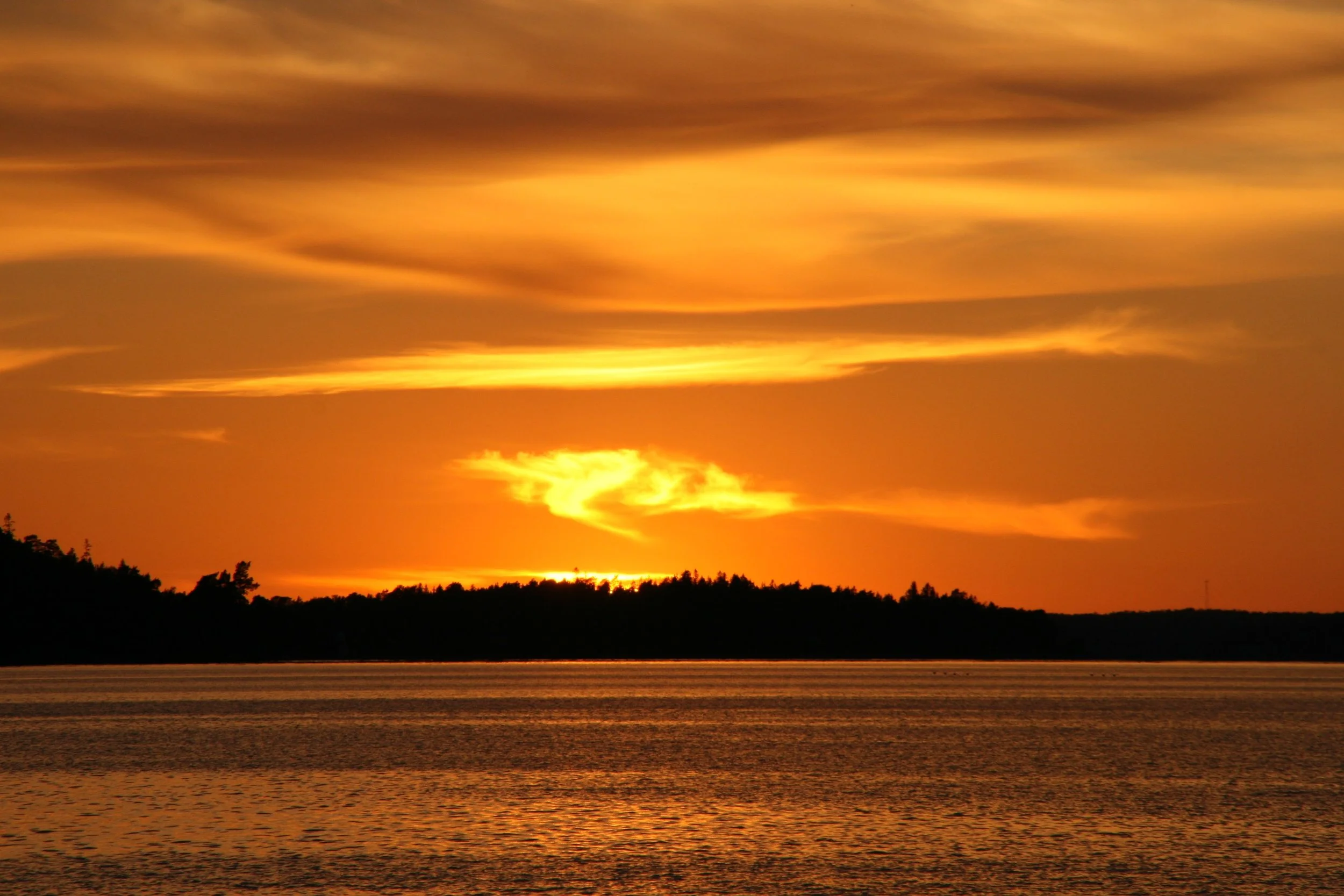Becoming and Dissolving
A literary, historical novel set in 1850s Odesa
In 1850s Odesa, a frontier city of palaces and huts, disgraced countess and former revolutionary Katerina becomes entangled with police chief Orlov, son of a traitor. As Katerina rekindles a stormy romance and Orlov faces his childhood trauma, they bring about a seismic change in Russia.
Married to Alexei, scion of a powerful Russian family, Katerina is buried under lavish yet meaningless parties. When the anxious Orlov hastily arrests Alexei, Katerina’s illusions are shattered. She awakens her dormant self and descends into Odesa’s underworld, embarking on a dangerous plot to upend Russian society.
Tragically desperate to prove his loyalty to the Tsar and avoid his father’s fate, Orlov unravels as he pursues Katerina through the city, with disastrous consequences, while she must reconnect with her younger self in order to build the strength to kill the Tsar.
The story echoes the placed-based adventure and protagonist’s hopeful mission of Francis Spufford’s Golden Hill, while creating a psychological atmosphere reminiscent of Milkman by Anna Burns. These affinities build into a female perspective on the individual caught within the insane system in The Noise of Time by Julian Barnes.
I was inspired to set this novel in Odesa as a way to connect with the lost history of my great-grandparents, who emigrated to Manchester from Russian-occupied Poland in the early twentieth century. I began learning Russian to experience a shift in mindset. Indeed, the ground did begin to shift beneath my feet. If language shapes thought, what happens to our thinking process when we disrupt how we believe language should behave?
During my research into the Tsars’ secret police, I was surprised by a visceral lurch of recognition of my ten years working in government as a change management in London and in authoritarian Qatar. While writing the novel, this experience of the ground constantly shifting clicked with the character of Konstantin Orlov, at which point he began to wake me in the night to justify actions he knew full well were wrong. An incredible flow, a torrent that swept me along. But it felt like insanity.
When I emerged from writing this novel in autumn 2020, I needed to find a way to reconnect with the world around me, and this is where I began with my short stories –– by closely observing parts of the world: spider webs in London hedges, the silence of the Omani desert, the feeling of being inside a glacier in Norway. However surreal my writing appears, it always begins with the physical world around us. Not an escape from, but a deeper immersion into. How might we experience the world if we had a different set of senses…?
Short Stories and Doorways
Creatures of the Invisible World…


